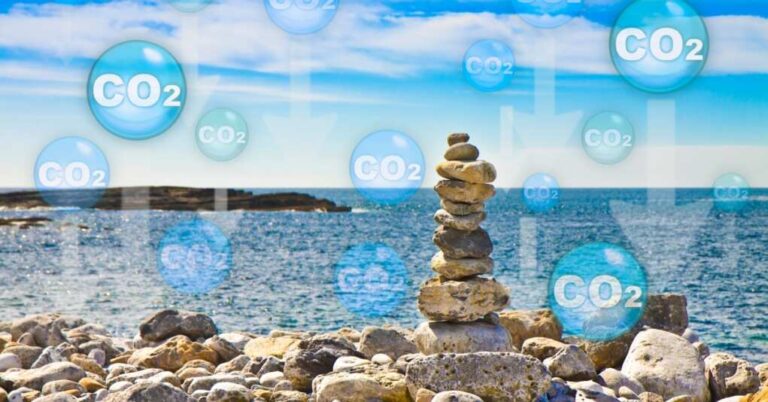
A new study has found that oceans are absorbing far more carbon dioxide than previously thought, offering a surprising buffer against the impacts of climate change. This natural absorption slows the warming process and mitigates CO2 levels in the atmosphere, but scientists warn it may also have dire consequences. Increased carbon in the water changes the chemical makeup of the ocean, leading to acidification, which threatens marine life, from coral reefs to fish populations critical for human consumption.
This discovery has sparked intense discussion within the environmental community. Oceans have always played a role in regulating the Earth’s temperature, but this unexpected absorption rate has left scientists both hopeful and concerned. Some see this as a critical, if temporary, benefit, delaying the most severe impacts of climate change. However, the longer-term effects of ocean acidification could be catastrophic, disrupting the marine ecosystem and impacting food security for millions who rely on the ocean.
As CO2 emissions continue, oceans could reach their saturation point, limiting their capacity to act as carbon sinks. Dr. Hannah Clarke, an oceanographer involved in the study, said, “We’re facing a tipping point. The ocean can’t keep up indefinitely.” Acidification has already been linked to declines in shellfish populations and weakening coral reefs, threatening biodiversity.
Researchers are urging policymakers to use this window of time to reduce carbon emissions and invest in alternative solutions, including renewable energy. The study emphasizes that while the oceans are currently absorbing more carbon, they are a finite resource in the fight against climate change. Immediate action is needed to reduce greenhouse gases before this natural buffer is overwhelmed.

